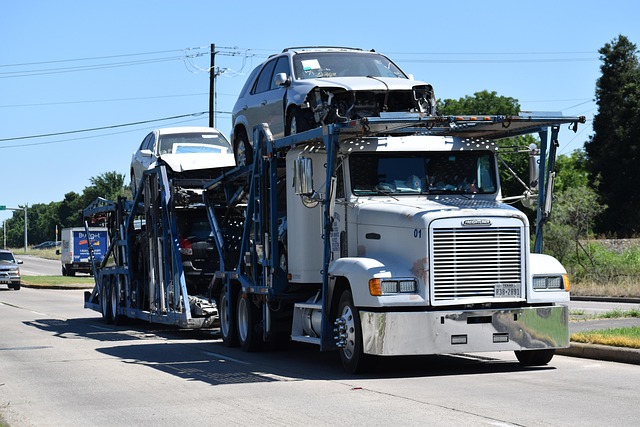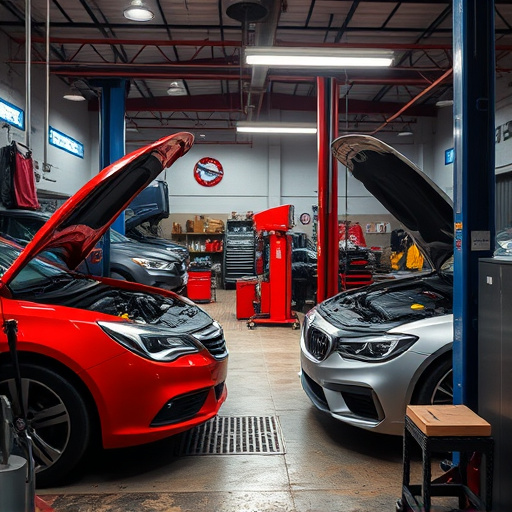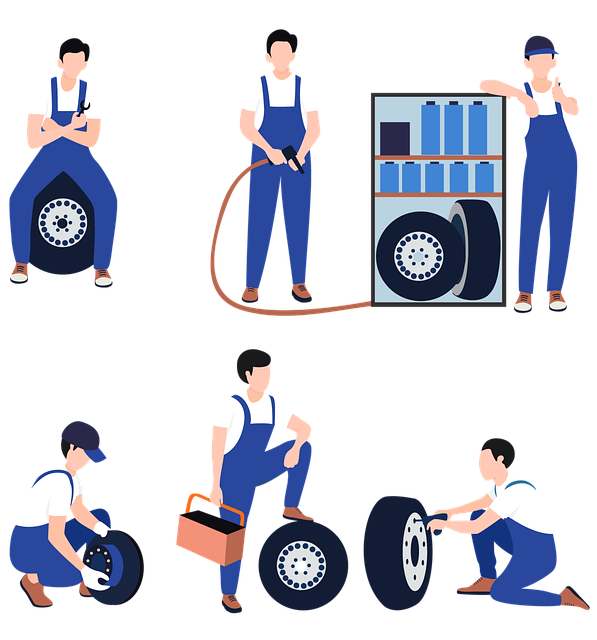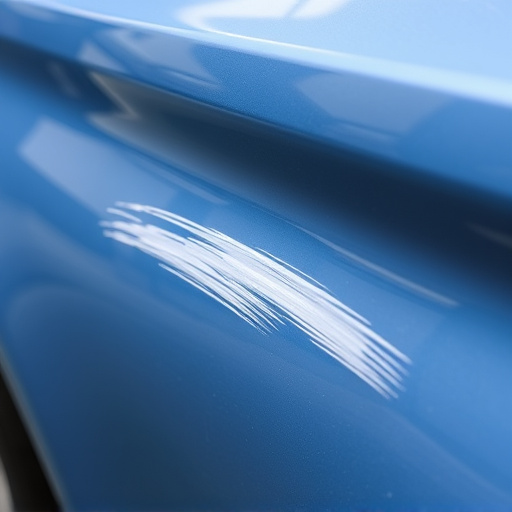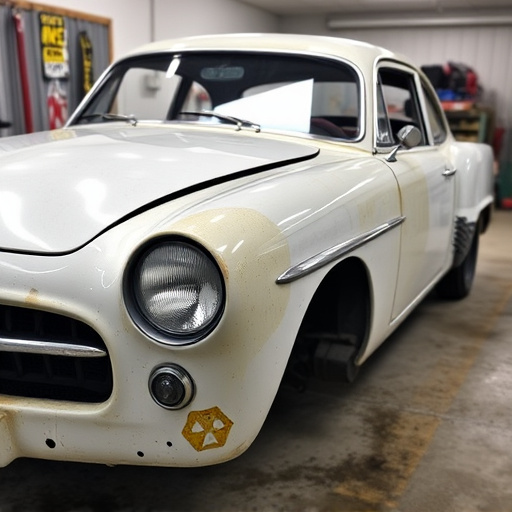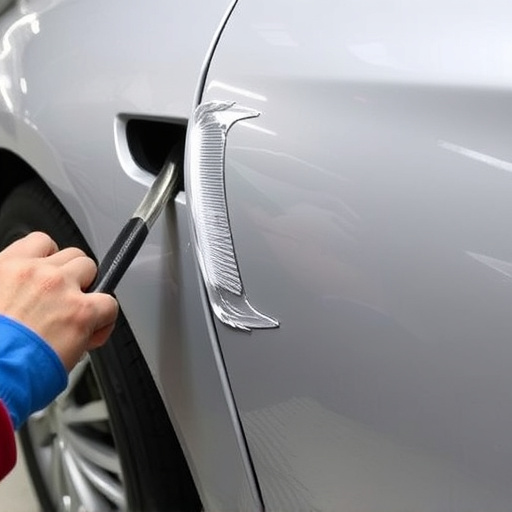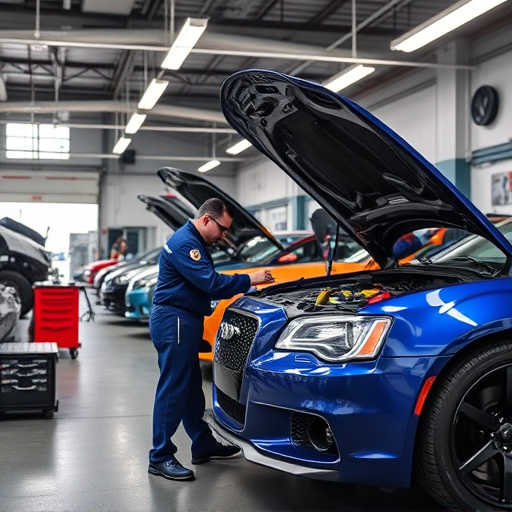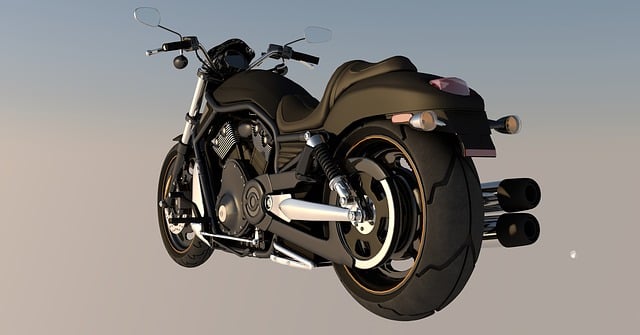Digital measuring systems revolutionize vehicle service and repair with advanced sensor tech and software algorithms, offering precise measurements, 3D models, and real-time data interpretation through user-friendly interfaces. These systems enhance quality control, optimize operations, and cater to various tasks from dent removal to complex bodywork assessments, setting new standards of precision and efficiency in auto repair industries.
In today’s digital era, understanding digital measuring systems is paramount for accurate data acquisition. This article delves into the key elements that underpin these sophisticated tools, offering a comprehensive guide for navigating their complex landscape. We explore the core components, unravel data acquisition and processing techniques, and uncover advanced features driving innovation in modern digital measurement tools. By the end, readers will possess a heightened appreciation for these essential systems.
- Understanding Core Components of Digital Measuring Systems
- Data Acquisition and Processing Techniques in Digital Measurements
- Advanced Features and Applications of Modern Digital Measurement Tools
Understanding Core Components of Digital Measuring Systems
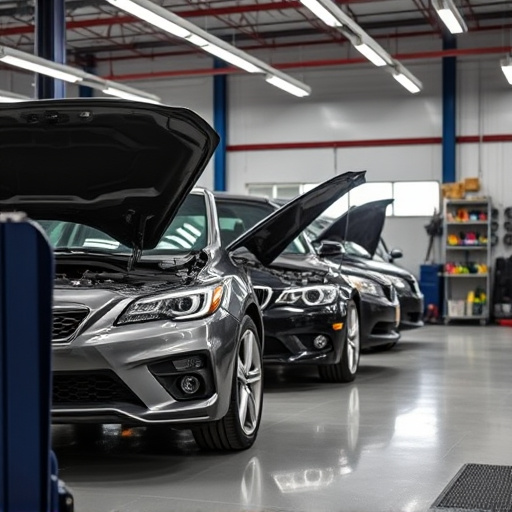
Digital measuring systems have become integral to modern vehicle service and repair, offering precise and efficient solutions for tasks ranging from dent removal to complex car bodywork assessments. To truly understand these systems, it’s essential to break down their core components. At the heart of every digital measuring system lies advanced sensor technology, capable of detecting even the subtlest distortions or defects in a vehicle’s surface. These sensors collect data that is then processed by sophisticated software algorithms, translating raw information into accurate measurements and detailed 3D models.
The next crucial element is user-friendly interface design. A well-designed interface allows technicians to effortlessly navigate the system, input specific repair requirements, and interpret results in real-time. This not only streamlines the dent removal or vehicle body repair process but also ensures consistency and accuracy across different workshops. By integrating these key elements, digital measuring systems provide a powerful toolset for professionals, revolutionizing car bodywork services and setting new standards in precision and efficiency.
Data Acquisition and Processing Techniques in Digital Measurements

In digital measuring systems, data acquisition and processing are critical components that transform raw sensor readings into meaningful information. Advanced techniques like analog-to-digital conversion (ADC) ensure precise measurements by sampling and quantifying analog signals. This process involves filtering to remove noise and amplifying weak signals for better accuracy. Once acquired, data is processed using specialized algorithms tailored to the specific digital measuring system, whether it’s for dimensions, angles, or complex shapes in an automotive body shop environment.
For instance, in automotive collision repair, accurate measurements are paramount. Digital systems process data from 3D scanners and laser sensors to precisely map vehicle bodies, ensuring that repairs match the original specifications. These techniques not only enhance quality control but also streamline operations in vehicle body shops by providing detailed digital tapestries of each car’s unique dimensions and contours.
Advanced Features and Applications of Modern Digital Measurement Tools

Modern digital measurement tools have advanced exponentially, offering a wide range of features that enhance precision and efficiency across various industries. These innovative systems are no longer confined to manufacturing and construction; they’ve seamlessly integrated into sectors like auto repair shops and car bodywork services. Through advanced sensor technology and connected devices, digital measuring systems now provide real-time data, enabling auto maintenance professionals to make informed decisions promptly.
The applications are diverse, from precise measurements in intricate car bodywork services to ensuring the accuracy of mechanical components during overhauls. These tools facilitate predictive maintenance by monitoring equipment health, reducing downtime for auto repair shop clients. Moreover, they enhance overall productivity and quality control, ultimately contributing to improved customer satisfaction, especially in today’s competitive market where advanced digital solutions are expected.
Digital measuring systems have evolved to become indispensable tools across various industries, offering precision, efficiency, and advanced features. By understanding the core components, data acquisition techniques, and exploring modern applications, users can harness the full potential of these systems. Staying informed about these key elements ensures effective utilization, enabling businesses to make accurate decisions and stay ahead in today’s digital landscape.



